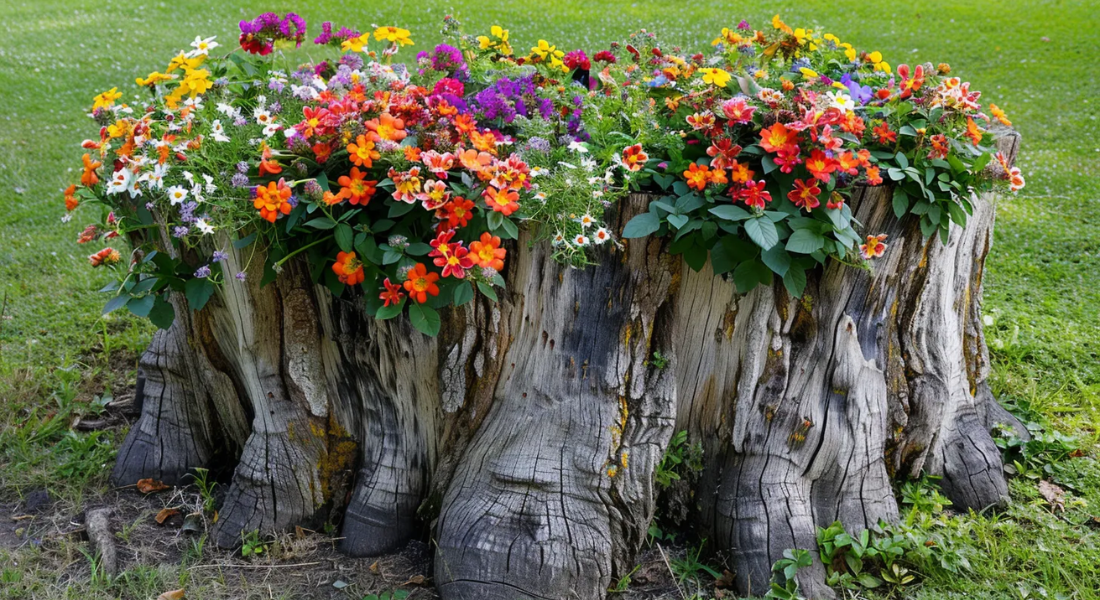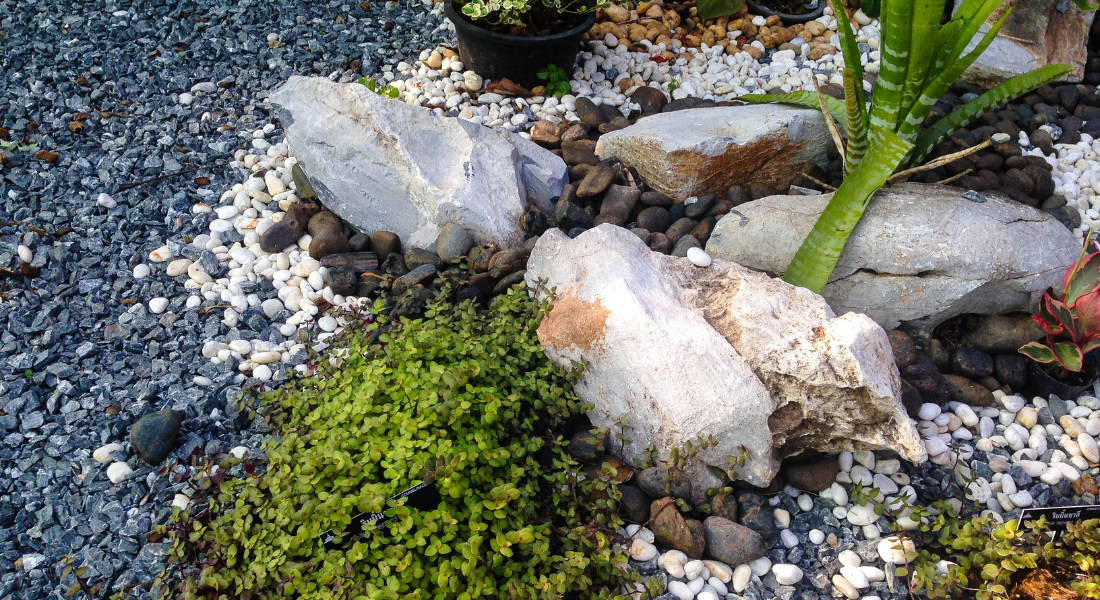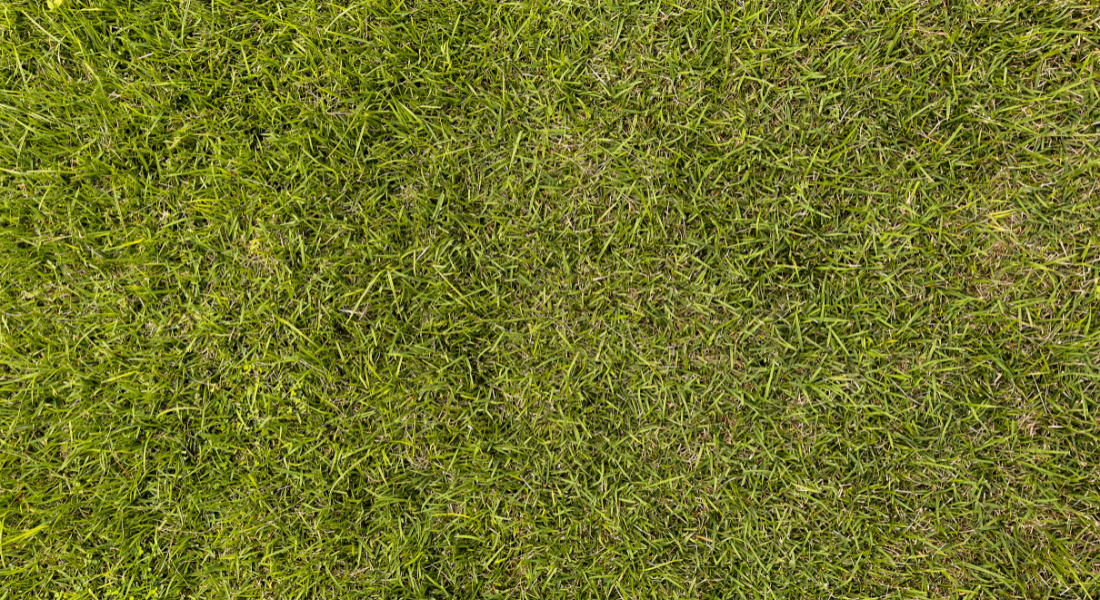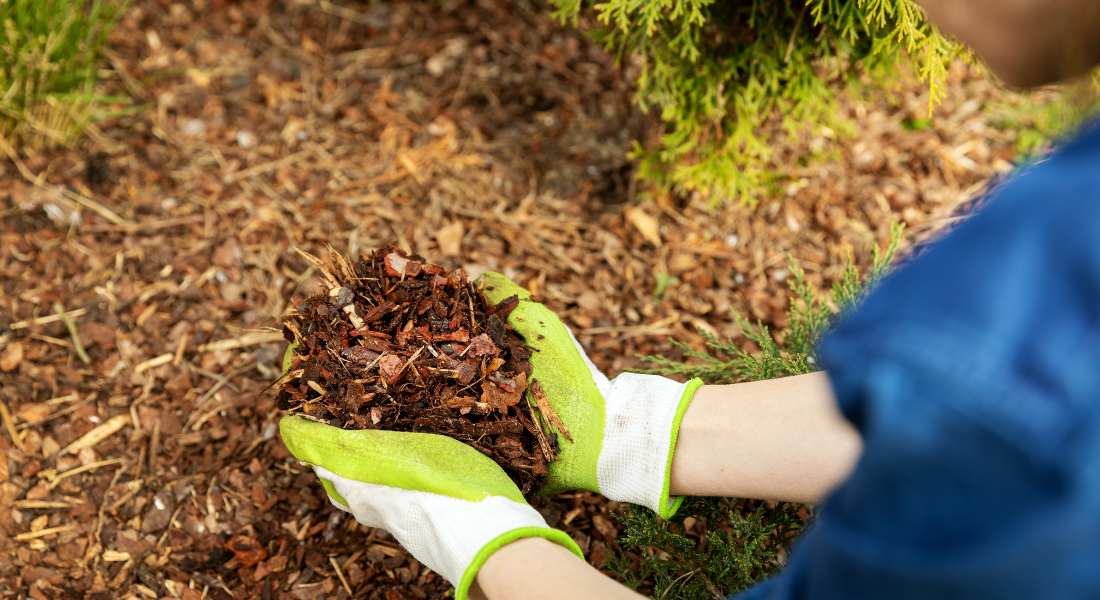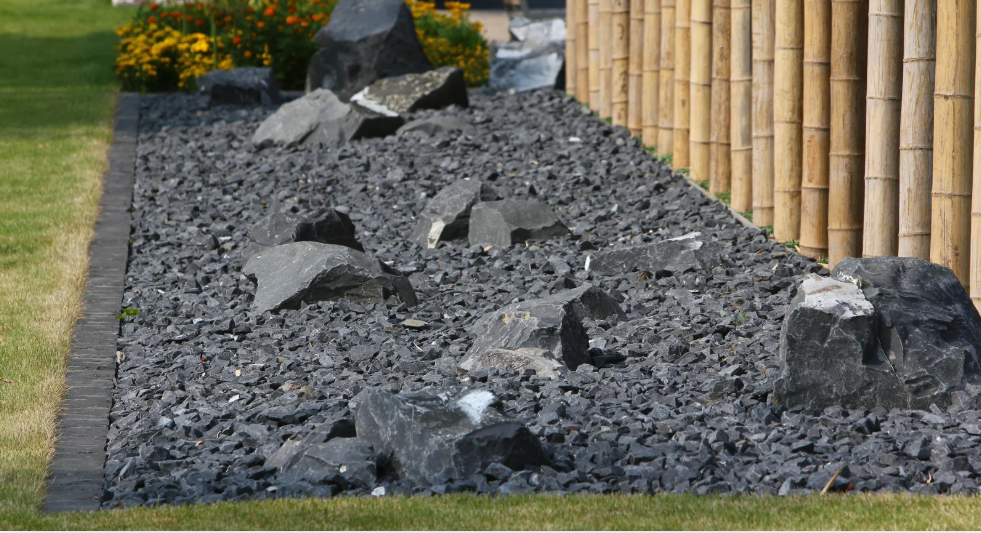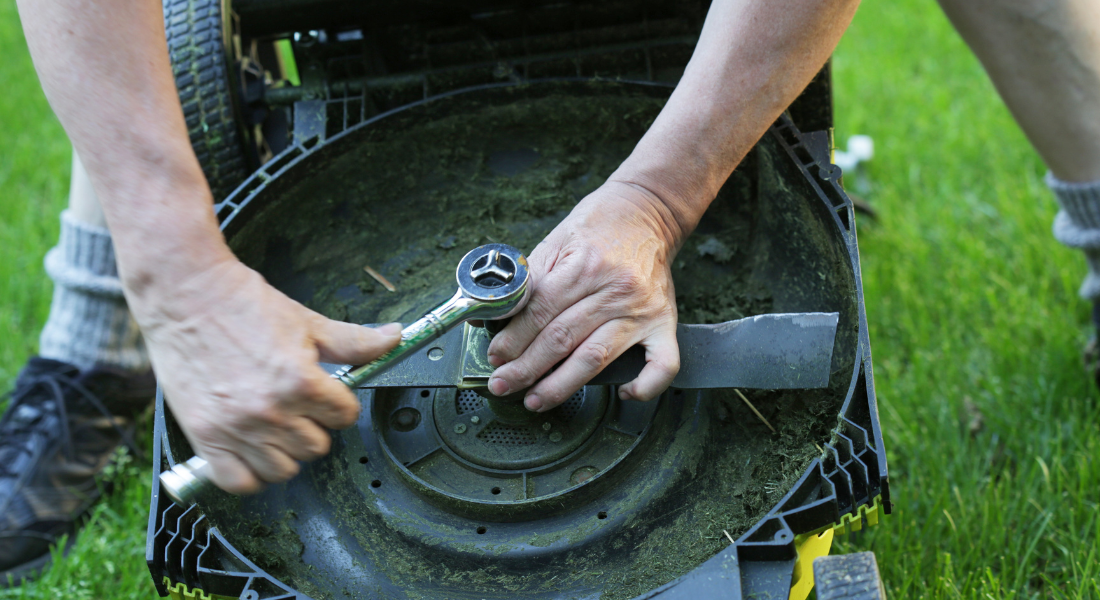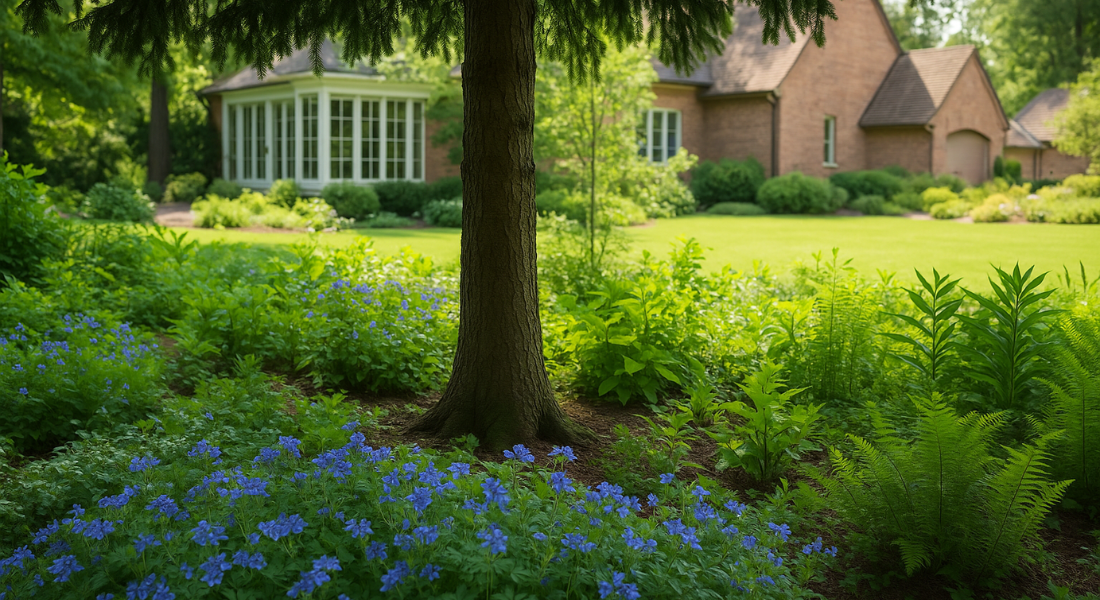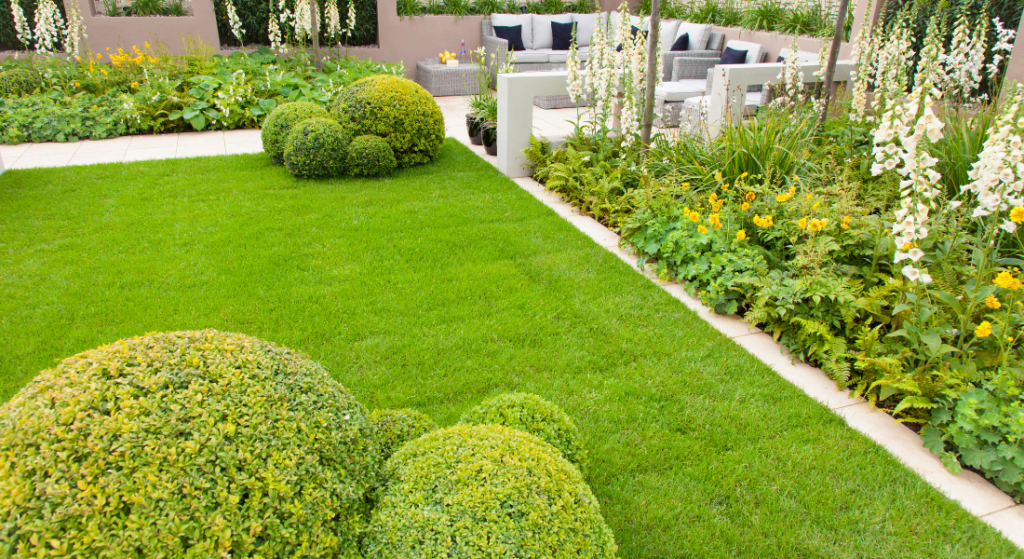Benefits of Mulching: Boost Your Landscape’s Aesthetics
Mulching is a landscaping technique often overlooked by many homeowners, yet it holds the power to transform your yard into a vibrant, healthy, and visually appealing outdoor space. As Clarksville’s premier landscaping company, GreenLife Services, we’re here to share our expertise and guide you through the process of effective mulching. This comprehensive guide will provide you with practical tips and tricks to help you master the art of mulching and elevate your landscaping game.
What Is Mulch and Why It Matters
Mulch is more than just a decorative layer on your garden bed. It plays a crucial role in maintaining soil health, conserving moisture, controlling weeds, and enhancing your landscape’s overall aesthetics. Mulch comes in various types, including organic options like wood chips, straw, and compost, and inorganic options such as rocks and rubber. Each type has its unique benefits and aesthetic appeal, allowing you to choose the one that best suits your landscape’s needs and design.
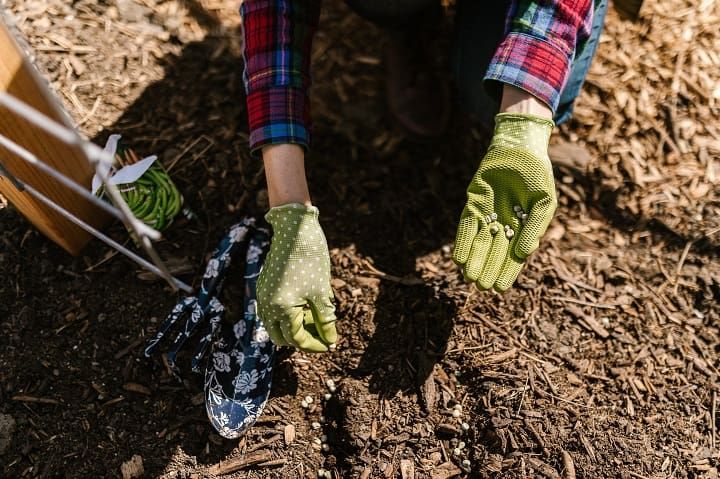
Types of Mulch: Organic vs. Inorganic
Mulch comes in two primary categories: organic and inorganic. Organic mulches include materials such as wood chips, straw, grass clippings, and compost. These mulches decompose over time, enriching the soil with nutrients. Inorganic mulches, like stones, gravel, and rubber, do not decompose but offer longer-lasting weed control and are often used for decorative purposes. Each type of mulch has its benefits and ideal use cases. For example, wood chips are excellent for garden beds, while gravel is perfect for pathways. Choosing the right type of mulch depends on your specific landscaping needs and aesthetic preferences.
Key Benefits of Mulching
Soil Health: Mulch helps improve soil fertility. As organic mulch decomposes, it enriches the soil with essential nutrients, promoting healthier plant growth.
Moisture Conservation: Mulch acts as a protective layer, reducing evaporation from the soil surface, thus ensuring your plants stay hydrated longer.
Weed Control: A layer of mulch can prevent weed seeds from sprouting, saving you from the tedious task of weeding.
Temperature Regulation: Mulch helps regulate soil temperature, keeping plant roots cooler in summer and warmer in winter.
Aesthetic Appeal: Mulch adds a finished look to your garden beds, enhancing the overall appearance of your landscape.
Mulch Installation: For a hassle-free and professionally executed mulching project, consider our Mulch Installation services. Our team at Greenlife Services, ensures a seamless application, taking your landscaping to the next level.
Tailoring Mulch to Your Plants’ Needs
Different plants have varying mulch needs. For instance, acid-loving plants such as azaleas and blueberries thrive with pine bark or pine needle mulch, which helps maintain the soil’s acidity. Vegetable gardens benefit from straw or grass clippings, which decompose quickly and provide essential nutrients. Flower beds often look best with finely shredded bark or compost, which improves soil structure while adding a polished look. Understanding the specific requirements of your plants can help you select the most appropriate mulch, ensuring optimal growth and health.
How to Mulch Effectively: Step-by-Step Guide
- Choose the Right Mulch: Consider your landscape’s needs, local climate, and aesthetic preferences when choosing your mulch. Organic mulch is generally a great choice for most landscapes as it improves soil health over time.
- Prepare the Area: Clear the area of weeds and debris before applying mulch. This ensures a clean slate for your mulching project.
- Apply the Mulch: Spread a 2-3 inch layer of mulch around your plants and across the garden bed. Avoid piling mulch against the stems or trunks of plants to prevent rot and pest issues.
- Maintain the Mulch: Over time, organic mulch will decompose and need to be replenished. Check your mulch levels annually and top up as needed.
Seasonal Mulching: Year-Round Care
Mulching is not just a one-time activity; it requires attention throughout the year to maintain its benefits. In the spring, apply a fresh layer of mulch to protect new growth and retain moisture as temperatures rise. Summer mulching helps keep the soil cool and prevents water evaporation during hot weather. In the fall, replenish mulch to insulate plant roots from winter cold. Additionally, consider removing old mulch and replacing it to prevent disease buildup and maintain a fresh appearance. Seasonal mulching practices ensure your landscape remains healthy and attractive year-round.
Mulching is a simple yet effective way to boost your landscape’s health and aesthetics. As a leading landscaping company in Clarksville, TN, GreenLife Services is committed to helping you create beautiful outdoor spaces. Whether you need assistance with mulching or any other landscaping service, our team of professionals is here to help. Unleash the potential of your outdoor space and be proud of your yard!
Remember, a well-maintained landscape not only enhances the beauty of your home but also contributes to a greener, healthier environment for all. Happy mulching!
Mulching offers various benefits for your garden and landscape:
- Weed Suppression: Mulch creates a barrier that inhibits weed growth by blocking sunlight and preventing weed seeds from reaching the soil.
- Moisture Retention: Mulch helps retain soil moisture by reducing evaporation, promoting a more stable environment for plants, and preventing water loss.
- Temperature Regulation: Mulch acts as an insulator, moderating soil temperature and protecting plant roots from extreme heat or cold.
Potential Drawbacks and Common Mistakes to Avoid
While mulching has numerous benefits, it’s essential to consider potential drawbacks:
- Decomposition Competition: Some types of mulch can compete with plants for soil nitrogen during decomposition.
- Pest Habitat: Mulch can provide a habitat for pests, such as rodents or insects, if not properly managed.
- Disease Risk: Excessive mulch depth or improper mulching practices may contribute to disease issues by creating a favorable environment for pathogens.
- Root Rot Risk: Mulch piled against the base of plants may lead to excess moisture, increasing the risk of root rot.
- Flammable Material: In areas prone to wildfires, certain mulch materials can pose a fire risk.
Mulching serves crucial roles in maintaining a healthy garden and landscape:
- Weed Control: Mulch suppresses weed growth, reducing competition for nutrients and space.
- Moisture Management: Mulch helps retain soil moisture, minimizing the need for frequent watering and promoting efficient water use.
- Soil Health: Mulch contributes organic matter as it breaks down, enhancing soil structure, fertility, and microbial activity.
- Temperature Moderation: Mulch acts as an insulator, protecting plant roots from temperature extremes.
- Erosion Prevention: Mulch helps prevent soil erosion by providing a protective layer against rain and wind.
The effects of mulching encompass various positive impacts on your garden and landscape:
- Improved Soil Fertility: Mulch contributes organic matter to the soil as it decomposes, enhancing nutrient content and fertility.
- Enhanced Plant Growth: Mulch provides a favorable environment for plant growth by suppressing weeds, retaining moisture, and regulating temperature.
- Weed Suppression: Mulch prevents sunlight from reaching weed seeds, inhibiting their germination and growth.
- Reduced Watering Needs: By retaining soil moisture, mulch reduces the frequency of irrigation, promoting water conservation.
Erosion Control: Mulch protects against soil erosion caused by rain or wind, maintaining the integrity of the landscape.
Mulching for Sustainability and Erosion Control
In areas prone to soil erosion, mulching plays a crucial role in stabilizing the soil. Mulch acts as a protective barrier, reducing the impact of raindrops and minimizing water runoff. This helps maintain soil structure and prevents the loss of valuable topsoil. For slopes and other erosion-prone areas, using heavier mulches like bark chips or shredded hardwood is particularly effective. By preventing erosion, mulch not only preserves the landscape’s aesthetic appeal but also contributes to long-term soil health and sustainability.
While mulching offers numerous benefits, it’s essential to avoid common mistakes that can negate its positive effects. One frequent error is applying too much mulch, which can suffocate plant roots and promote rot. Another mistake is piling mulch against the stems or trunks of plants, leading to bark decay and pest problems. Using non-decomposed organic materials, such as fresh wood chips, can deplete soil nitrogen as they break down. Lastly, failing to replenish mulch regularly can reduce its effectiveness in weed control and moisture retention. By avoiding these pitfalls, you can maximize the benefits of mulching.
In conclusion, for unparalleled landscape transformation, entrust GreenLife Services with your mulching needs. As premier aesthetics landscape contractors in Clarksville, TN, we’re dedicated to enhancing the beauty and sustainability of your outdoor space. With our diverse mulch options and expert installation services, we ensure meticulous attention to detail for your landscape. Count on GreenLife Services to elevate your yard to new levels of beauty and vitality. Unleash the full potential of your outdoor space today with GreenLife Services and witness the remarkable difference firsthand.
Sustainability is becoming increasingly important in landscaping. Opting for eco-friendly mulching practices can significantly reduce your environmental footprint. Consider using locally sourced organic materials to minimize transportation emissions. Composting yard waste to create your own mulch is another sustainable option that recycles nutrients back into your garden. Additionally, choosing mulches that decompose slowly reduces the frequency of reapplication, saving resources. GreenLife Services is committed to promoting sustainable landscaping practices, helping you create a beautiful, eco-friendly outdoor space.

